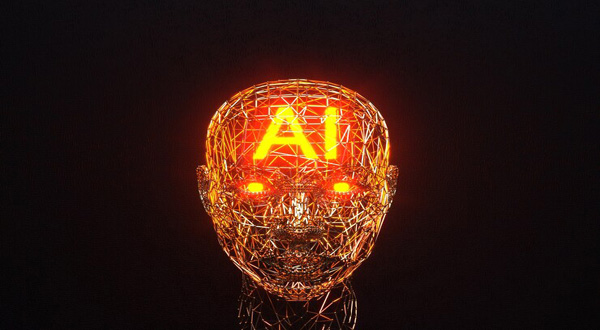Understanding Artificial Intelligence in Computer Science
- Update Time : Friday, March 1, 2024
- 15 Time View

Understanding Artificial Intelligence in Computer Science: In today’s tech-driven world, the term “artificial intelligence” (AI) is buzzing everywhere. But what exactly is AI, and how does it impact our lives? Let’s delve into this fascinating topic, demystifying the complexities and exploring its profound implications in computer science.
Table of Contents
| Sr | Headings |
| — | ———————————- |
| 1 | Introduction to Artificial Intelligence |
| 2 | Evolution of AI |
| 3 | Types of Artificial Intelligence |
| 4 | Machine Learning vs. AI |
| 5 | Applications of AI |
| 6 | Ethical Considerations |
| 7 | Future of AI |
| 8 | FAQ: What are the different types of AI? |
| 9 | FAQ: How does AI impact job sectors? |
| 10 | FAQ: Is AI capable of emotions? |
| 11 | FAQ: What are the ethical concerns with AI? |
| 12 | FAQ: Can AI surpass human intelligence? |
Introduction to Artificial Intelligence
Artificial Intelligence, or AI, refers to the simulation of human intelligence processes by computer systems. It encompasses various techniques that allow machines to mimic human-like cognitive functions such as learning, problem-solving, perception, and decision-making.
Evolution of AI
AI has come a long way since its inception. Initially rooted in logic and symbolic reasoning, AI has evolved significantly with advancements in machine learning, neural networks, and deep learning algorithms. These developments have propelled AI into realms once deemed science fiction.
Types of Artificial Intelligence
There are primarily two types of AI: Narrow AI and General AI. Narrow AI, also known as Weak AI, is designed to perform specific tasks within a limited domain, such as virtual assistants and recommendation systems. On the other hand, General AI, or Strong AI, aims to exhibit human-like intelligence across a wide range of tasks and domains.
Read More : Unraveling the Wonders of Artificial Intelligence
Machine Learning vs. AI
Machine Learning (ML) is a subset of AI that focuses on the development of algorithms allowing computers to learn from and make predictions based on data. It enables systems to improve their performance over time without being explicitly programmed. AI, on the other hand, encompasses a broader scope, incorporating various techniques beyond ML.
Applications of AI
AI finds applications across diverse sectors, revolutionizing industries and enhancing daily life. From healthcare and finance to transportation and entertainment, AI-driven solutions are optimizing processes, driving innovation, and improving efficiency.
Ethical Considerations
As AI continues to permeate various aspects of society, ethical considerations become paramount. Issues surrounding privacy, bias, accountability, and job displacement warrant careful scrutiny and regulation to ensure responsible and ethical AI deployment.
Future of AI
The future of AI holds immense potential and challenges. With ongoing research and development, AI is poised to transform industries, augment human capabilities, and shape the future of work and society. However, addressing ethical concerns and ensuring equitable access to AI technologies will be crucial in navigating this transformative journey.
Read More: Unveiling the World of AI: A Guide for Everyon
FAQ: What are the different types of AI?
There are primarily two types of AI: Narrow AI and General AI. Narrow AI is designed for specific tasks within a limited domain, while General AI aims to exhibit human-like intelligence across various domains.
FAQ: How does AI impact job sectors?
AI is reshaping job sectors by automating repetitive tasks, enhancing productivity, and enabling more efficient decision-making processes. While it may lead to job displacement in some areas, it also creates new opportunities and demands for skills in AI-related fields.
FAQ: Is AI capable of emotions?
AI, as we know it today, does not possess emotions or consciousness. It operates based on algorithms and data inputs without subjective experiences or feelings.
FAQ: What are the ethical concerns with AI?
Ethical concerns surrounding AI include issues of bias in algorithms, privacy infringement, accountability for AI decisions, and the potential for job displacement. Addressing these concerns requires robust regulatory frameworks and ethical guidelines.
FAQ: Can AI surpass human intelligence?
While AI has demonstrated remarkable capabilities in specific tasks, surpassing human intelligence in all aspects remains a subject of debate among experts. Achieving human-level general intelligence, known as Artificial General Intelligence (AGI), poses significant technical and ethical challenges.
In conclusion, artificial intelligence in computer science is a multifaceted field with far-reaching implications. Understanding its various aspects, applications, and ethical considerations is essential in harnessing its potential for the betterment of society while addressing its challenges responsibly.












